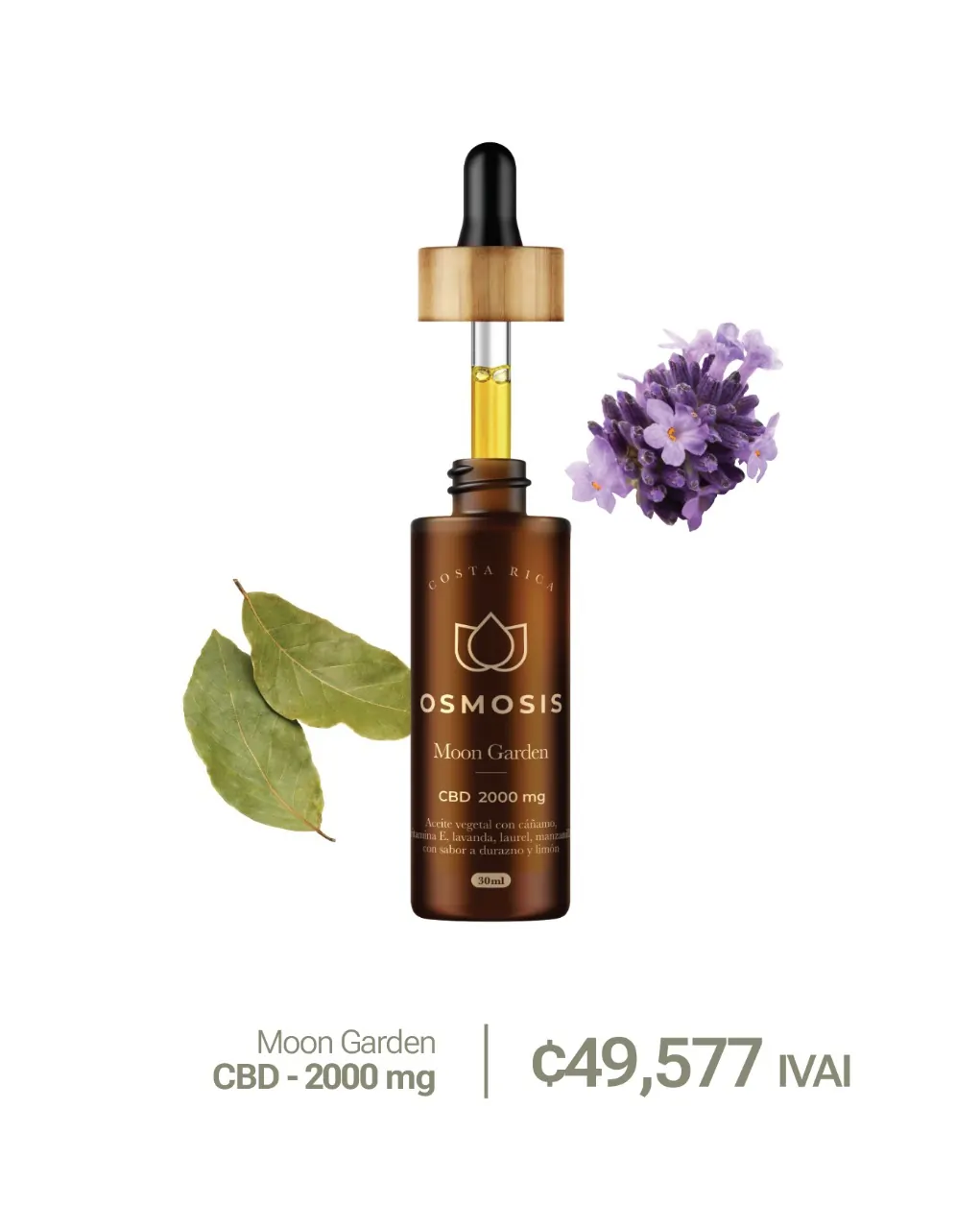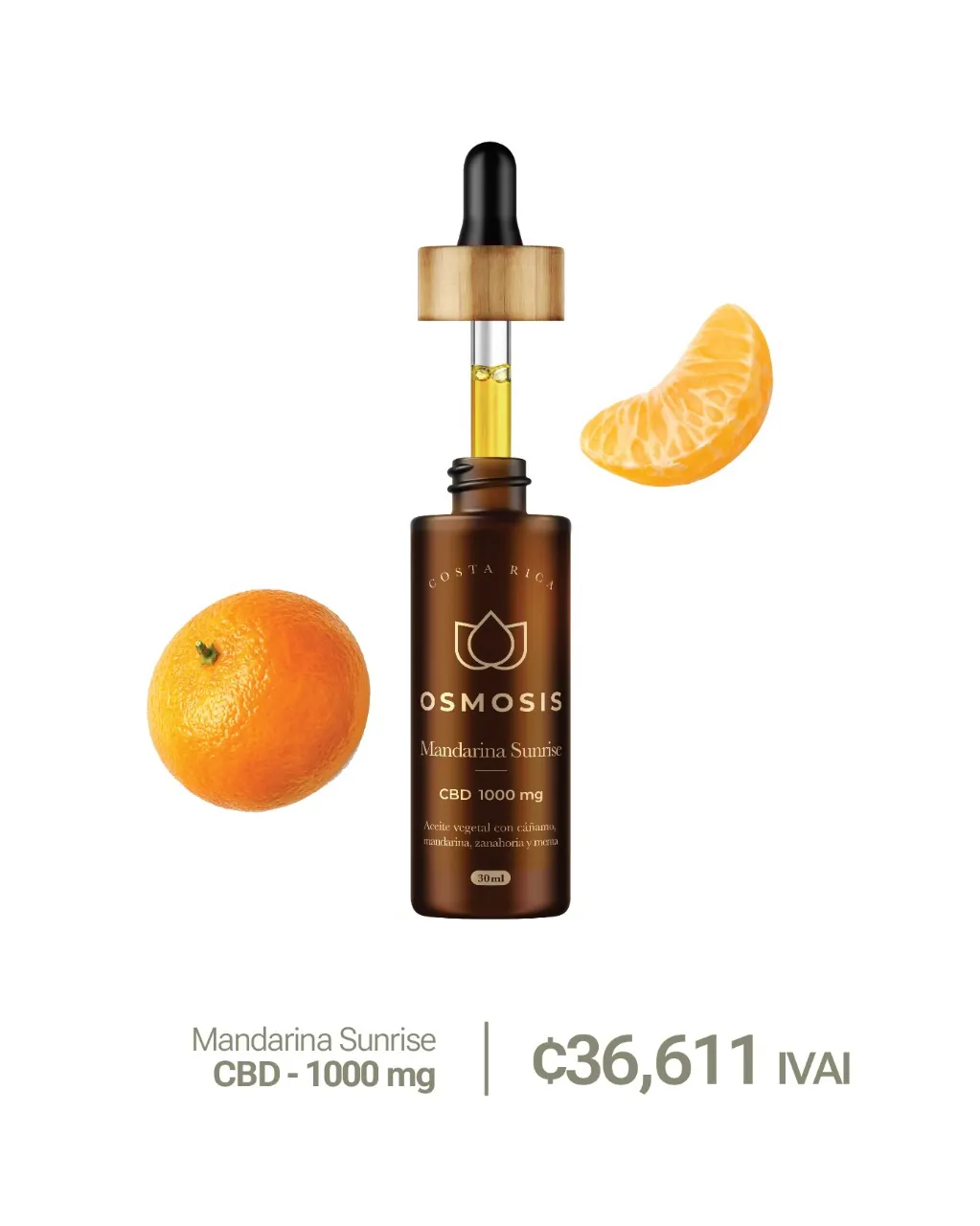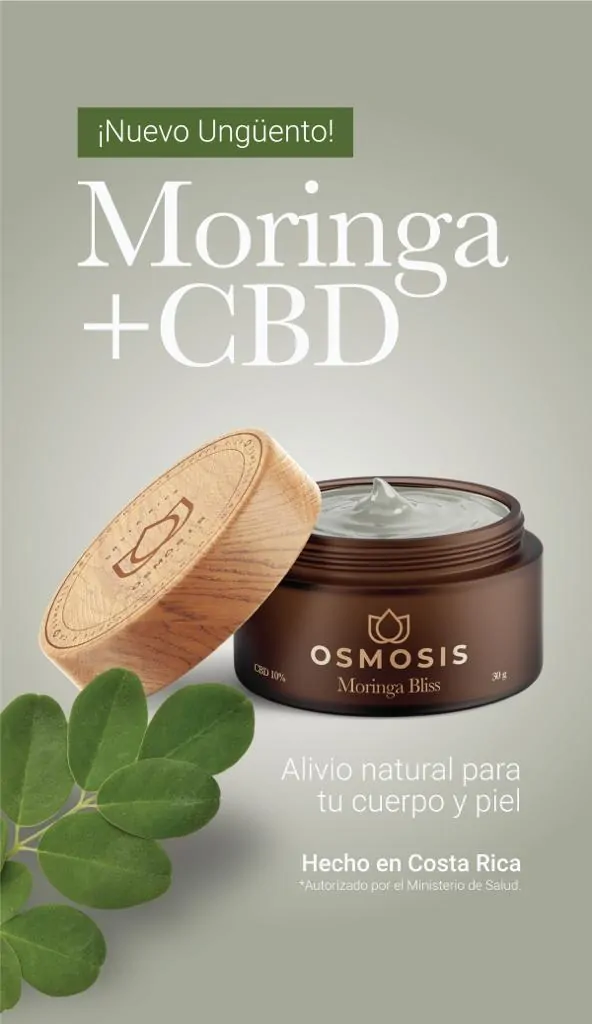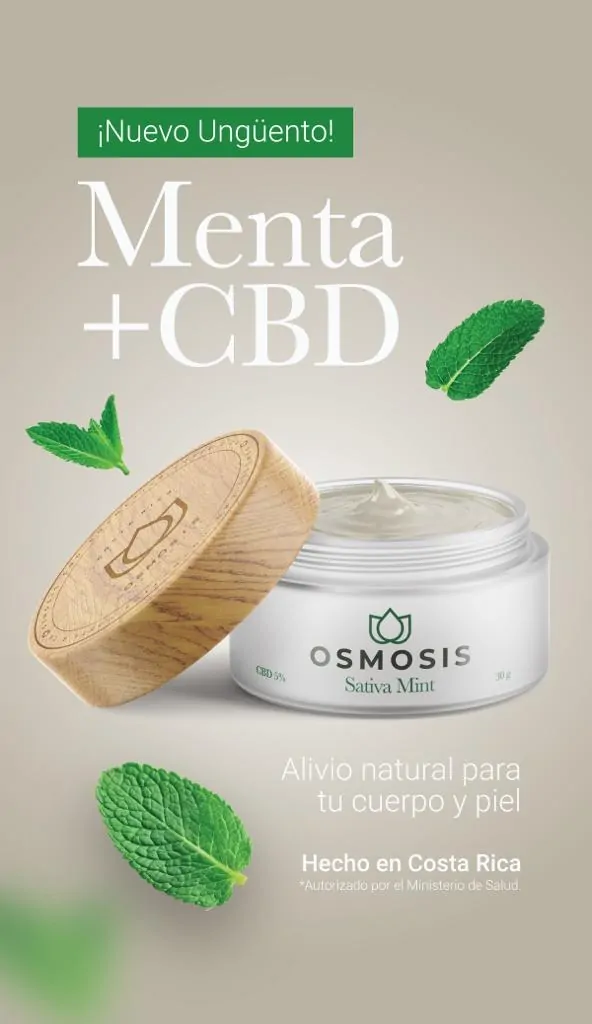- Prosecutors seek to annul three resolutions issued by the Public Ministry, which prohibits the destruction of the plants because it is a non-commercial crop
The Criminal Prosecutor’s Office of Quepos and Parrita has a persecution against a mother who plants cannabis for her daughter who suffers from lupus.
This is recorded in the file 19-000127-0072-pe of January 25, 2019 where the Public Ministry (MP) issued a search warrant for the home of Zoltan Von Bozzay and Gwendy Obando, mother of the patient, for the planting of approximately 90 cannabis plants.
When the Officials of the Judicial Investigation Organization (OIJ), the Prosecutor’s Office and the Fuerza Pública arrived at the site, Obando alleged that the cultivation was carried out for medicinal and self-cultivation purposes.

For less than a year, the family has cultivated within their property motivated by improving the health condition of their daughter of 26-year-old Tara López, who since 2015 was diagnosed with lupus, a chronic disease characterized by presenting pictures of depression, extreme fatigue, joint pain and inflammation of different vital organs such as the brain, skin, lungs and heart.
For this reason, the lawyer and mother of the patient, Gwendy Obando, requested that day, a hearing before the Prosecutor’s Office where she alleged that the anti-inflammatory properties of this plant (verified by the World Health Organization in December 2018) provide better quality of life.
According to the report of the JOrganismo de Investigación Judicial (OIJ), when the property registration was authorized, no indication of traffic was found.
For this reason, the judges ruled that the plants could not be destroyed protected by resolution 00481-2018 of Room III of July 2018 where it is decided that cultivation for personal purposes is not a crime.
“Corresponds to a crop of hemp or marijuana, which despite having located a total of 127 plants of different sizes, it was not possible to locate elements that make us presume that this property is marketed or distributed some type of unauthorized drug,” he says. the report of the OIJ,

“I knocked on many people’s doors to get medical cannabis, but it’s very hard to get donated every month. I realized that if I wanted to have cannabis oil for my treatment, the only option was self-cultivating; And now that I’m self-cultivating, they want to remove the plants. I feel cornered everywhere, “said Tara who also had to be hospitalized during the week of events.
Is the Prosecutor’s Office violating a human right?
The repeated actions of the prosecution could be classified as persecution. On March 1, Alexander Pérez Villafuerte, prosecutor’s representative, filed a new appeal against the decisions of the three sentencing courts: Criminal Court, Court of Guarantees and Court of Judgment.
This appeal seeks to eliminate the decisions of the court with the argument of “Absolute Defect“, because according to the Prosecutor’s Office, avoid destruction, by respecting the case law, prevents them from looking for signs of trafficking.
“The court falls into a serious contradiction by stating that the resolution issued by the criminal judge remains intact, however, limited the diligence to locate other evidence to establish that the crop was intended for trade,” says the file.
Gwendy Obando, the patient’s mother, describes the situation as an outrage to her daughter’s health.
“The Court of Puntarenas rejected the destruction because it is a protected property in the public constitution, that of health. We do not want to fight, we want the plants not to be removed and the jurisprudence respected.” she sentenced.
This is the first time that a court in Costa Rica has ruled in favor of a medicinal cannabis cultivation. However, if the prosecution wins the power struggle, it is very possible that the material is destroyed and thus, the possibilities of improvement of the patient, an abuse to the detriment of human rights.
In the world, more than 53 countries have legalized medicinal or recreational use, including neighboring countries such as Colombia, Uruguay, Mexico, the United States and Canada.





